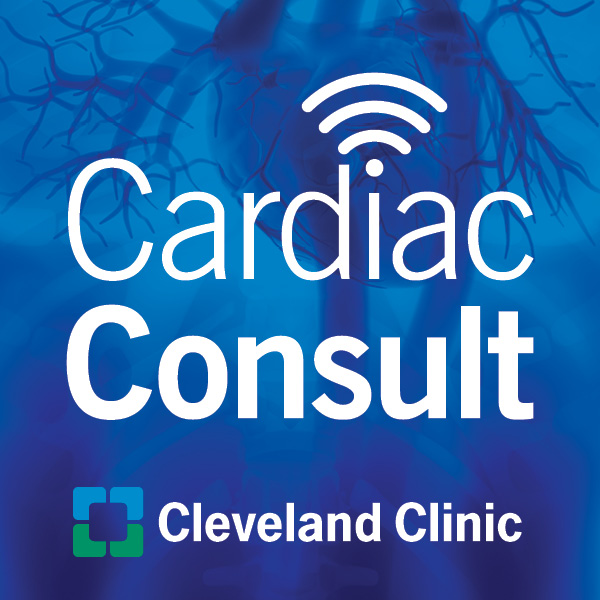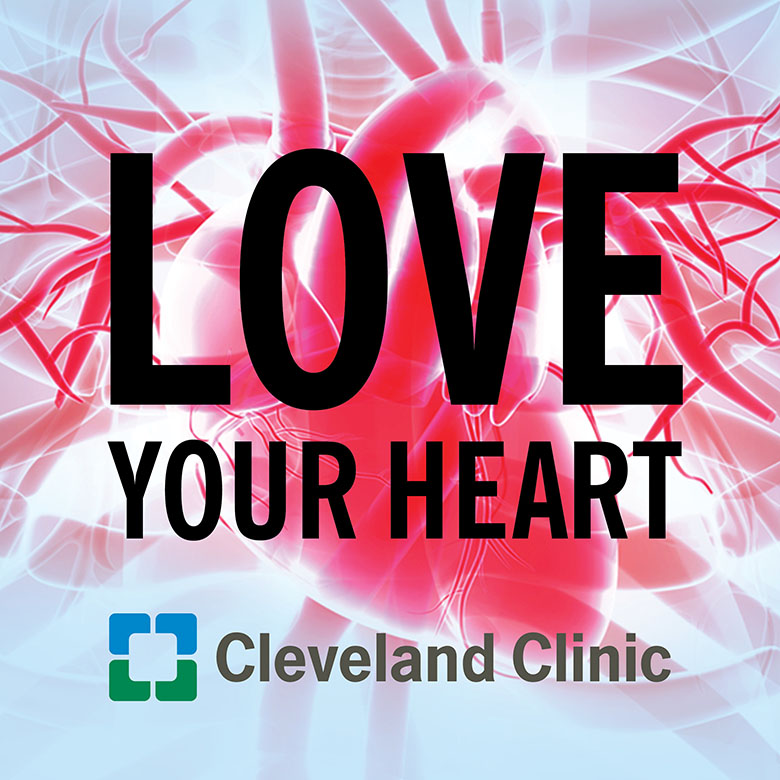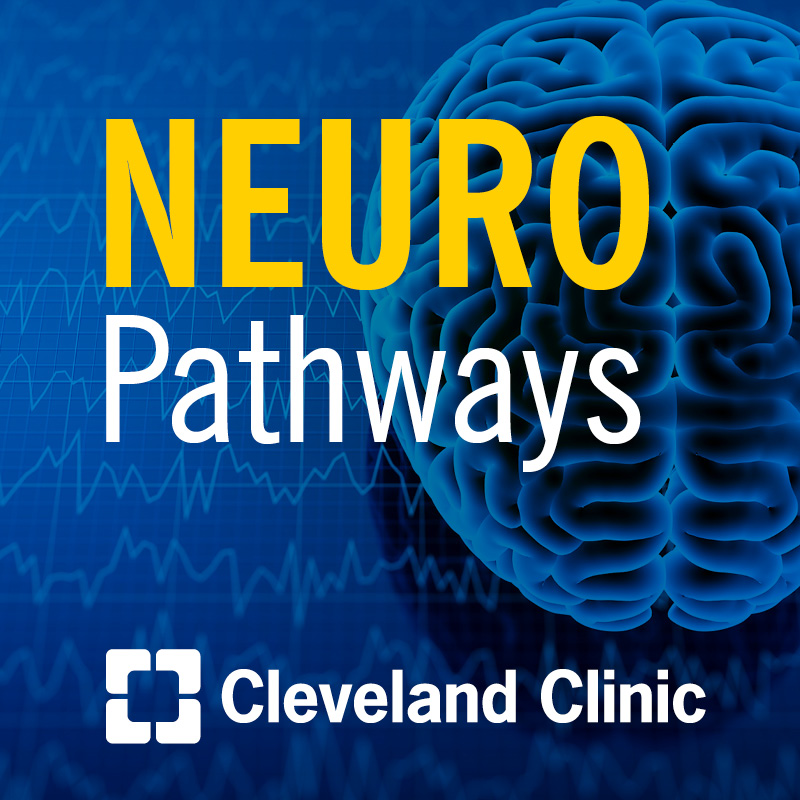Pediatric and Adult Congenital Update

Hani Najm, MD, provides an update on Cleveland Clinic Heart, Vascular and Thoracic Institute's Pediatric and Adult Congenital Surgery Program.
Subscribe: Apple Podcasts | Buzzsprout | Spotify
Pediatric and Adult Congenital Update
Podcast Transcript
Announcer:
Welcome to Cleveland Clinic Cardiac Consult, brought to you by the Sydell and Arnold Miller Family Heart, Vascular and Thoracic Institute at Cleveland Clinic.
Hani Najm, MD:
I have the privilege to present to you the pediatric and adult congenital heart surgery outcomes on behalf of our team. So, the biggest news that came out last year that we are number six in the US News and World Report compared to the other centers. And we are competing with a standalone children's hospitals, Texas children, Boston children, the others, and this is coming from a rank of 45 and soon we'll be in the first three programs in the United States. Our volume has continued to increase over the last few years, and more importantly, what we're proud of is, again, like all the other subspecialties, here at the Cleveland Clinic, we have the best outcomes. Our overall mortality is much better than all the other hospitals. Our adult congenital program is considered one of the largest programs in the United States. Just to tell you, most of the adult congenital program volumes around 70 cases per year. So, we're substantially larger than any adult congenital heart surgery program in the country. And more importantly, we're proud of the outcomes that we have, which is much better than the risk of the country in terms of the mortality. The overall mortality for congenital heart surgery is around 3 percent around the United States by the STS. And when we look at our operative mortality compared to the STS, as you'd see here, our upper confidence level clearly is way below the average for the STS, which declares us to be a three-star program. And this is not publicly reported by the STS, but we're a three-star program as per our overall outcome.
We have not lost any cases for the last five years in heart transplantation. Again, it's a very narrow field and a very complex patient combination because they're typically failed congenital heart surgery with failed Fontan circulation, single ventricle circulation, and where we are here today, we are the best in Ohio in terms of the outcome. As you see, all the surrounding programs around us are either higher mortality or overall worse than us in terms of US news and World Report. We've been able to extend our innovations around, we've had seven summits so far, and last month we've had a program that was held in Orlando, represented by 36 countries from around the world, and 25 states that came to our program for education. And these are some of the pictures then. We continue to innovate surgeries every year. The transconal unroofing has taken off and has actually been used and publicized by many other programs.
The new customization of truncal valves that are usually quadricuspid, and we're using a sort of a single leaflet replacement using the Ozaki technique. The pericardial role for distant pulmonary veins and also for Scimitar syndrome, which are typically difficult surgeries and have a lot of complications, as you know with a pulmonary vein surgery. We've innovated the procedure called the ventricular switch procedure, and this is the youngest patient who has undergone this procedure is three months of age. This is a patient with a double outright ventricle and a remote VST. Typically, these patients are routed into a single ventricle physiology because they cannot be routed, or it used to be not routable left ventricle. Here we've used the right ventricle being the systemic ventricle and the left ventricle being the subpulmonary ventricle, creating biventricular circulation. This kid was also featured in the news.
We have also embarked on the biventricular conversion after Fontan failure. As you know, Fontan, single ventricle physiology has chronic venous hypertension with a lot of liver, kidney, lung, GI complications that eventually most of them fail and need transplantation. But some of those patients do have two ventricles and have been routed into a single ventricle because of the complexity or the intracardiac complexity. So being able to embark on a program for above ventricle conversion, and you would see here is a series of operations that we do to reroute, and this is the final operation that actually ends up with a two-ventricle circulation. We are actually writing the book on this. We've been asked to put in an atlas for other surgeons around the United States to see this. So, this is how they look and multiple intracardiac and extra cardiac rerouting to be able to eventually come back to patients where two ventricle circulation is there.
And one of the presentations we will call is science fiction. This is not real surgery, and you probably heard about the pericardial teratoma resection of fetal surgery for those people who have not seen the intraoperative cardiac picture. So, this is basically doing a laparotomy, doing a uterotomy. We have not delivered the fetus completely outside, but only delivered the arms and the chest and resected the tumor and put back, this is the tumor, and then the chest was closed, put a drain for that, and then baby was put back, the fetus was put back, the uterus was closed, and this is the end result. He is a healthy baby and he's actually had his first birthday.
We continue to innovate. There's an unmet need for kids with valvular heart disease where once they have a valve replacement, they need a repeated valve replacement. So, we're innovating here with the Innovation center here at the Cleveland Clinic is a valve that continues to change size and grow. This is the design of that valve. This is the last iteration of that valve, and we're hoping that this valve is going to be a solution for those kids with smaller valves that will continue to grow as they grow older. Thank you.
Announcer:
Thank you for listening. We hope you enjoyed the podcast. We welcome your comments and feedback. Please contact us at heart@ccf.org. Like what you heard, subscribe wherever you get your podcasts or listen at clevelandclinic.org/cardiacconsultpodcast.

Cardiac Consult
A Cleveland Clinic podcast exploring heart, vascular and thoracic topics of interest to healthcare providers: medical and surgical treatments, diagnostic testing, medical conditions, and research, technology and practice issues.

